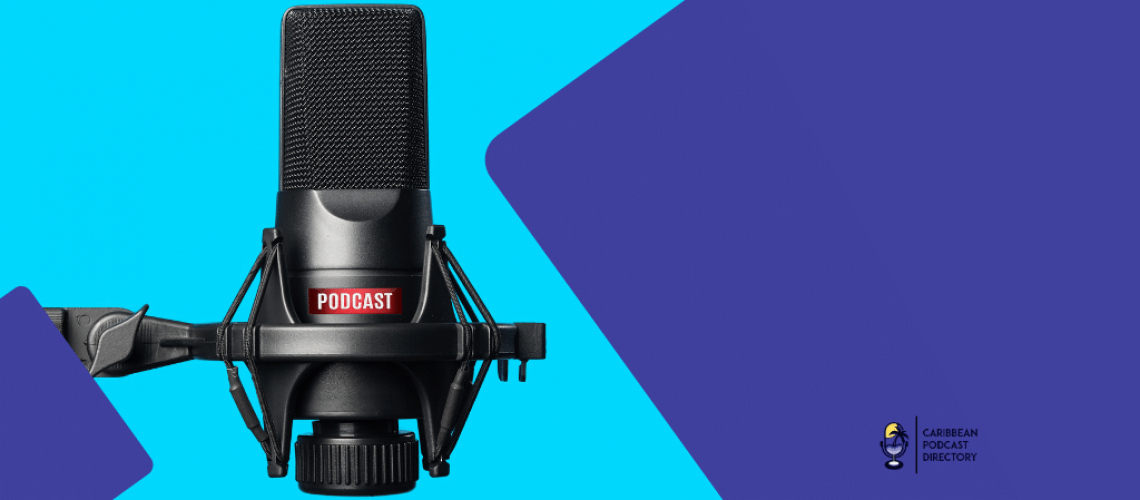Landing podcast interviews
Wouldn’t it be awesome to be featured on top-rated podcasts? It’s not as hard as you think.
You don’t need a publicist or decades of experience running a Fortune 500 company. If those nuggets of wisdom rattling ‘round in that beautiful brain of yours can educate and inspire, you ought to share it.
Outside of getting instant credibility, podcast interviews open the door to an already engaged audience. Yup, no more posting and praying to the social media gods that the algorithm will let your ideal humans see your content.
…Reach out, but only when you can highlight the value you’ll be adding to their listeners.
Gizelle Riley
The Speaker One Sheet
So, what next? Do you slide into the podcast owner’s DMs or send a pitch email telling them about your amazingness? Not quite. Sure, you ought to reach out, but only when you can highlight the value you’ll be adding to their listeners. Since no one likes getting longwinded emails, I’m going to share the most essential weapon in your podcast pitching arsenal: The Speaker One Sheet
I’m a big fan of taking the easiest path to YES, and this beauty makes the journey a whole lot smoother. It tells the person your pitching to that you know your stuff. Podcasters love that. With the influx of pitches inundating our inbox on the daily, when we see that someone’s organized and serious about the value they know they can offer, having them on the show tends to be a no-brainer. They’ve saved us time in figuring out if they’ll be a good fit because they’ve made their case in this neat little document.
Here’s what my speaker one sheet looks like. There’s no need for fancy graphics.
You can easily create a speaker one sheet using one of Canva’s many resume templates. Now without further ado, let’s get into the nitty-gritty of the important elements of your Speaker One Sheet:
Headshot
Headshot: This is the first thing people notice, so make sure you share our best smile. Showing those pearly whites are important since it communicates to others that you’re approachable, something you want when you’re trying to get on someone’s show.
It doesn’t matter how much value you have to offer, first impressions count. You want to wear clothes that complement your personality. If you’re personal brand calls for a quirky graphic T-shirt, then by all means wear that, but keep in mind who you’re pitching to. There has to be a connection between your own brand values and that of the podcast. If your style is a bit too casual, pitching to a straight-laced business show may not make sense. Therefore, be strategic in your selection so that you don’t get shut down.
Short Bio
Using 150 words or less, tell the host a bit about you. Include relevant information related to your expertise. This doesn’t mean you should remove your personality from the equation either. Add a line that tells the host who you are on a personal level. This gives them something interesting to expand on outside of the speaking topic. Here’s how I close this section on my own one sheet:
“When she’s not helping clients stand out in a noisy digital world, you can find this Jesus lovin’ Netflix junkie having dance battles at home with her husband Kevin and sugar dumplin’ son Gabe.”
When deciding what bit of personal information you want to share, I suggest looking at 2 – 3 values or topics that tend to come out effortlessly in your general conversations.
Media Features
Have you been featured in the news or other podcasts? This is where you can backup your credibility with some social proof. Do this by showcasing logos of other brands you’ve been associated with.
Podcasters want thought-leaders, so if you haven’t been doing that you need to get on it. There are countless new media publications and blogs that accept contributed posts, so that’s a good place to start.
Testimonial
Did you know that 70% of people trust reviews from strangers? Makes sense. If your Uber driver has 2 ½ stars with a review that speaks about stinky seats, I’m pretty sure you won’t be taking that ride. What are people saying about you? Make sure to share a short testimonial highlighting your skills and general brilliance. I recommend using one from a reputable source, like a news publication or past client.
Contact Information
Here you can include your email address, website, contact number, and social media handles. Some may feel a bit squeamish about putting a contact number. It’s not a must-have, but if you’re interested in sharing what you know with as many people as possible, why wouldn’t you make it easy for gatekeepers to get in touch with you? Sometimes it takes a while to answer emails, but if someone shares your speaker one sheet with another podcaster who wants to feature you on their show, you’re just a quick call away.
Speaker Topics
I saved this one for last because it’s the most important. Before you even start creating your speaker one sheet, I want you to think about 3 – 5 topics you want to share your wisdom on. Your topics should be relevant to the audience and interesting.
If you have a general idea of what you want to share, you can do a Google search to see if it has already been done. If it hasn’t, give some thought as to whether or not people actually want/need the information. If there are pages and pages of links, it simply means that there’s interest in the topic. To make it your own, I suggest looking at your personal experiences to find an interesting angle.
Most one sheets only list the speaking topics, but I suggest writing 2 – 3 sentences to give the prospective interviewer a better idea of what they can expect from the discussion. It’s called a speaker one sheet for a reason, so don’t go beyond one page.
Conclusion
Voila! Now you know what it takes to have a drool-worthy speaker one sheet. Go forth and share your genius with the masses.
Editor’s Note: Also check out “How to Pitch Yourself as a Podcast Guest” and “Do’s and Don’ts of Pitching as a Podcast Guest.”
Make the Connection with Gizelle – Website | Instagram | Linkedin






